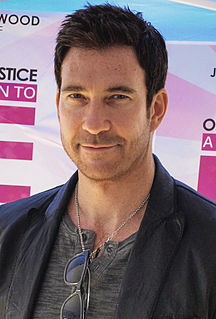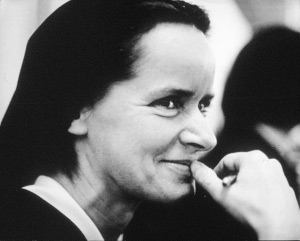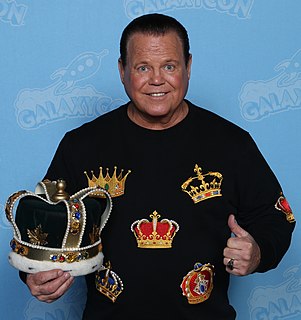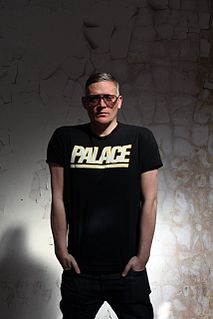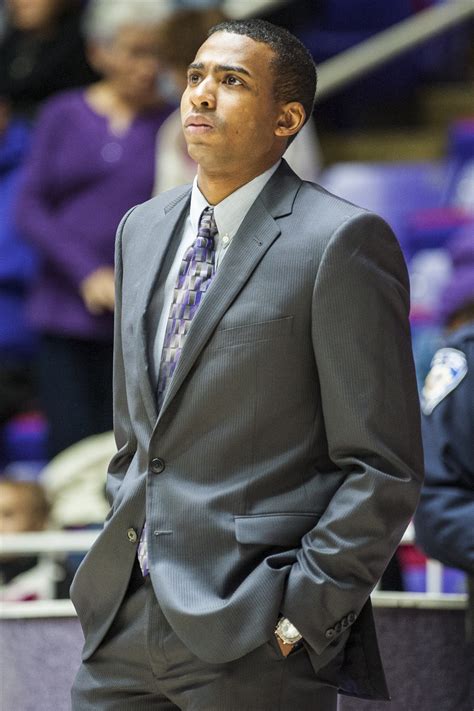A Quote by Bob Colacello
I think his portraits of Jackie, Liz, Marilyn, Mao, Elvis, Lenin - and objects like the soup cans, the dollar signs, the hammer and sickle, it's all about icons. Its all about what people worship in an irreligious or secular world. In terms of Andy's personality and Andy Warhol as a human being who I was very close to, I still feel kind of sorry for him on a personal level. I mean, he was the ultimate example of great success wrapped around inner turmoil and emotional pain.
Quote Topics
About
Andy
Around
Being
Cans
Close
Dollar
Elvis
Emotional
Emotional Pain
Example
Feel
Great
Great Success
Hammer
Him
His
Human
Human Being
Icons
Inner
Jackie
Kind
Lenin
Level
Like
Liz
Mao
Marilyn
Mean
Objects
Pain
People
Personal
Personality
Portraits
Secular
Signs
Sorry
Sorry For Him
Soup
Still
Success
Terms
Think
Turmoil
Ultimate
Very
Warhol
World
Worship
Wrapped
Related Quotes
I believe that Ryan Murphy is a genius. His instincts remind me of Andy Warhol. I recently went to the Warhol museum in Pittsburgh, and you can see a lot of echoes of Andy in Ryan’s work. Like Andy, Ryan’s finger is so on the pulse of culture that he’s ahead of culture. Their aesthetic and their vision of the world are very similar.
I believe that Ryan Murphy is a genius. His instincts remind me of Andy Warhol. I recently went to the Warhol museum in Pittsburgh, and you can see a lot of echoes of Andy in Ryan's work. Like Andy, Ryan's finger is so on the pulse of culture that he's ahead of culture. Their aesthetic and their vision of the world are very similar.
I mean when the book first came out it was not a bestseller, but it got good reviews and at that point I was done writing about Andy, done talking about Andy....but now, I kind of love it. All these smart, attractive young people think I'm cool! So here I am a guy in his sixties with all of these interesting friends in their twenties. It's very stimulating and keeps me very much in the present.
One thing about Andy Warhol that was remarkable and also key to his widespread appeal is that he was so open! He would get on the phone and talk to the kid who called to say he was a fan - you know, Andy would walk from his house every morning down to the Factory carrying a bunch of Interviews - people would stop him and he would sign them, and what have you.
Andy Dufresne: 'That's the beauty of music. They can't get that from you...haven't you ever felt that way about music?' Red: 'I played a mean harmonica as a younger man. Lost interest in it though. Didn't make much sense in here.' Andy: 'Here's where it makes the most sense. You need it so you don't forget.' Red: 'Forget?' Andy: 'Forget that...there are places in this world that aren't made out of stone. That there's something inside...that they can't get to, that they can't touch. That's yours.' Red: 'What're you talking about?' Andy: 'Hope.'
Andy Kindler. Andy's set - somehow he slayed that night. But something weird about it that wasn't translating for the CD. I don't know what it was. But we listened to it and it wasn't the greatest audio recording - I mean, the quality of it was good. But we didn't want to put it on the record because it doesn't represent what Andy does.


